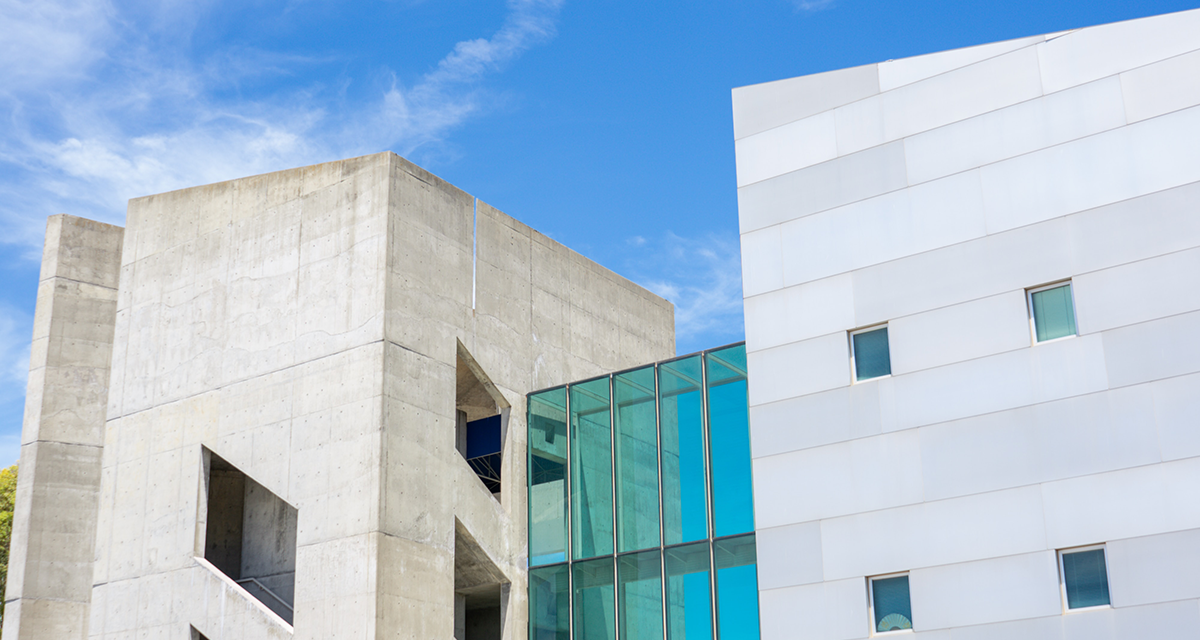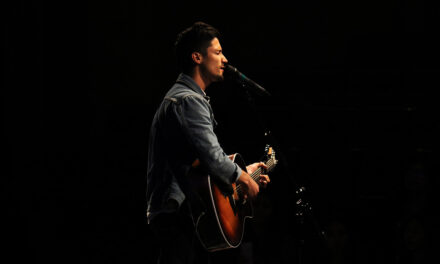Davis, California, is more than just a city; it’s a vibrant blend of history, innovation, and community spirit.
Let’s take a deep dive into the rich tapestry of Davis’s past, exploring how this once modest farming community transformed into a thriving modern city known for its educational institutions, progressive ideals, and commitment to environmental sustainability.
The Early Days: From Farmland to a Flourishing Community
Davis’s story begins in the 1860s as a small agricultural settlement.
Originally part of Rancho Del Hambre, the land was primarily used for farming and cattle ranching. The arrival of the California Pacific Railroad in 1868 marked a turning point, putting Davisville on the map as it was known then.
The town gradually grew, with a post office, stores, and a blacksmith shop laying the foundation of a budding community.
The Birth of a University Town
The establishment of the University Farm in 1908, the forerunner of the University of California, Davis, marked a significant chapter in the city’s history.
Initially an extension of UC Berkeley’s College of Agriculture, it quickly became a standalone campus.
UC Davis played a pivotal role in Davis’s growth, drawing students, faculty, and research opportunities and fostering a culture of academic excellence and innovation.
Agricultural Innovation and Environmental Leadership
Davis has long been at the forefront of agricultural research and environmental stewardship.
The university’s agricultural program gained international renown, significantly contributing to farming techniques and sustainability.
The city mirrored this green ethos, becoming a pioneer in promoting bicycle-friendly infrastructure and environmental policies, earning its reputation as one of the most progressive cities in the US.
Modern Davis: A Blend of Tradition and Progress
Today, Davis is a harmonious blend of its agricultural roots and modern innovation.
Its downtown area, with quaint shops and local eateries, exudes a small-town charm, while the university campus buzzes with the energy of academic and cultural pursuits.
Davis’s commitment to community values, education, and environmental sustainability remains at its core, creating a unique and welcoming atmosphere.
Q&A: Unveiling the Layers of Davis’s History
Q: What role did the railroad play in Davis’s development?
A: The California Pacific Railroad was instrumental in Davis’s growth, transforming it from a rural area into a connected and thriving community.
Q: How did UC Davis evolve from an agricultural extension into a major university?
A: Originally focused on agriculture, UC Davis expanded its academic offerings over the years, becoming a comprehensive university with many disciplines.
Q: What makes Davis unique in terms of environmental initiatives?
A: Davis is known for its extensive bicycle paths, green policies, and commitment to sustainability, setting an example for environmentally conscious urban planning.
Q: How does the city maintain its small-town feel despite modern development?
A: Despite its growth, Davis has preserved its small-town charm through community-focused planning, local businesses, and a strong sense of local identity.
Q: How has UC Davis impacted the city’s culture and economy?
A: UC Davis has significantly influenced Davis’s culture, economy, and demographics, attracting a diverse population and fostering a culture of education and innovation.
Q: How does Davis’s history influence its future trajectory?
A: Davis’s rich history of agriculture, education, and sustainability continues to shape its future, guiding the city toward continued innovation while maintaining its core values.
A City with a Story to Tell
Davis, California, is a city embodying the spirit of growth, education, and environmental consciousness.
Its journey from a humble farming community to a bustling university town committed to sustainability is a testament to its resilience and progressive nature.
Davis isn’t just a place on the map; it’s a living, breathing community with a rich history and a promising future. Whether you’re a student, a resident, or a visitor, Davis offers a unique experience steeped in tradition yet always looking forward.
What new chapters will this dynamic city write in the years to come?





